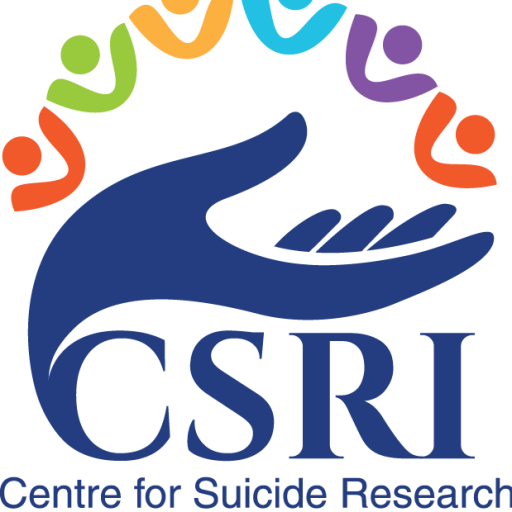Trauma
What is trauma? What does it mean to be traumatized? What are the symptoms of trauma? It is a common saying that bad things happen to good people and sometimes things just happen to us. Things that leave us feeling sad, confused and shaken. They at times stem out and then disappear but occasionally they are persistent. No matter how much you want or wish it home it is there to stay .It is important to mention that how fast we recover from this and how much we are affected by this turn out of events depends on the environment we are around.
Trauma is a horrific event beyond the scope of normal human experience. It is in various forms; either physical or psychological. Physical trauma is a serious injury to the body such as when one is hit by a blunt object on the head while Psychological trauma often occurs when an individual faces an extensive degree of stress in which they are unable to cope with, resulting in difficulties processing and integrating the stressful event such as when one witnesses the loss a loved one .
Symptoms of trauma include: disconnection from self, everything appears overwhelming, numbing emotions, reduced awareness or hyper-awareness of surroundings, memories, flashbacks, and/or nightmares of the traumatic event, blame of self or others, loss of interest in former activities that one used to enjoy, aggressive or risk-taking behaviours, and/or change in sleeping habits.
These rates of suicide attempts increased considerably among people who had experienced multiple incidents of sexual (42.9%) or physical assault (73.5%). They also found that a history of sexual molestation, physical abuse as a child, and neglect as a child were associated with high rates of suicide attempts (17.4% to 23.9%).Bottom line being trauma triggers suicide ideation and attempts.
A recent study investigated the unique associations between a wide range of traumatic events and the subsequent occurrence of suicide ideation, plans, and attempts by pooling data from several countries (Stein et al., 2010). Stein and colleagues (2010) concluded that many different types of traumatic events were associated with the onset of suicide ideation; however, only sexual and interpersonal violence predicted whether suicide ideation progressed to suicide plan and attempt.
As a result of the relationship between trauma and suicide; a new form of care has been introduced to take care of trauma patients. Trauma-Informed Care (TIC) is a determined effort to implement a better approach to treating patients that takes into account the impact that previous traumatic experiences have had on an individual’s overall mental health.
Trauma-informed care has reduced cases of trauma induced suicides as patients are being handled by people who understand the prevalence of trauma and its impact and also recognize the signs and symptoms of traumatization. They create an emotionally and physically safe space, and empowering the individual with an active voice in collaborative decision-making; and respecting the person’s experience through active listening, being sensitive to the language used, being transparent, being trustworthy, and offering stability and consistency.(Bath, 2008; Hodas, 2006; Rosenberg, 2011; SAMHSA, 2015; Huckshorn & LeBel, 2013).
At CSRI, we offer Trauma- Informed care to ensure a day without suicide. ;



